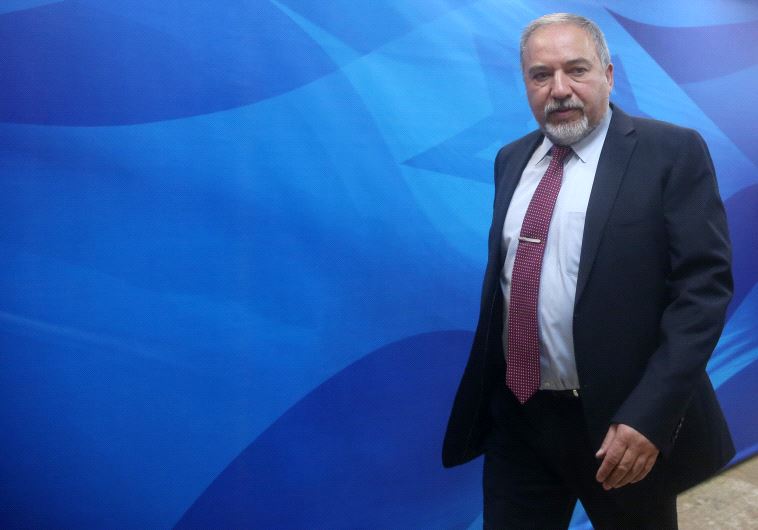After IDF-Gaza exchange of fire, Liberman vows Israel will not let Hamas rearm
Liberman laments that the assistance provided to Gaza from Israel, EU and UN merely helps Hamas avoid investing in its own citizens.
 (photo credit: MARC ISRAEL SELLEM/THE JERUSALEM POST)Updated:
(photo credit: MARC ISRAEL SELLEM/THE JERUSALEM POST)Updated: